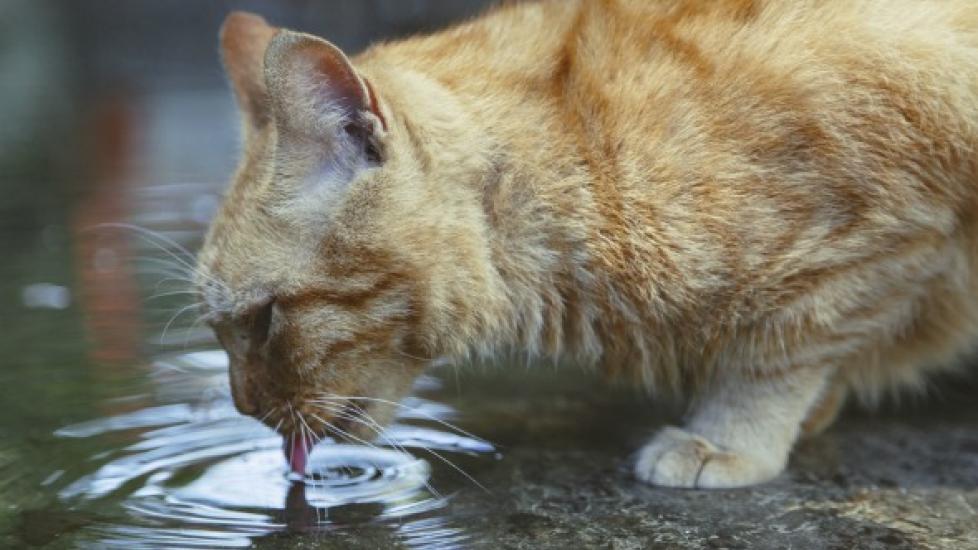Intestinal Parasite (Cryptosporidium) in Cats
Cryptosporidiosis in Cats
Cryptosporidium is an intestinal parasite that is commonly ingested through contaminated water, food or feces. The resulting diseased condition, cryptosporidiosis, can typically be treated effectively with medications. This disease is no more likely to affect one breed than another, and is commonly seen in kittens.
Symptoms and Types
The most common symptoms of cryptosporidiosis are fever and diarrhea. Cats will also display intolerance for food, or in more serious cases, will suffer from organ disease. Other symptoms include lethargy and intolerance for exercise.
Causes
Risk factors include the ingestion of contaminated food or water, the ingestion of animal feces, and intestinal infection. When the cryptosporidium parasite is ingested in the oocyst stage, it is transferred into the body of the host cat. It then develops into a sporozoite, the division and development stage, and proceeds to spread and infect the cells throughout the body. Kittens are at heightened risk of complications due to infestation, since their immune systems are less developed. Bloody diarrhea and dehydration can quickly lead to fatality.
Diagnosis
A fecal sample will be taken to determine what the underlying cause is for the issue. The parasite will be found in the course of the fecal examination.
Treatment
Treatment for cryptosporidiosis is generally on an outpatient basis, with the recommendation to limit food until the diarrhea has subsided, along with an increase in fluids to combat dehydration. Boil your cat's drinking water to assure that it is clean. For healthy cats, their immune system will fight the parasite and the condition will generally run its course without treatment. Young, old, and immune-compromised animals may need medication and guarded care to prevent internal complications. Prescribed medications, if given, must be followed through to completion.
Living and Management
Following treatment, monitoring your cat for signs of improvement is recommended. Overall, prognosis is excellent if the immune system is strong.
Prevention
The most preventative measure available for this disease is to make sure that your cat is in a clean environment, and is not eating animal feces or drinking dirty water, as it could be contaminated with the cryptosporidium organism that causes this condition.
Help us make PetMD better
Was this article helpful?
